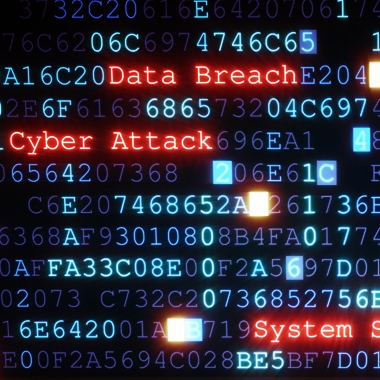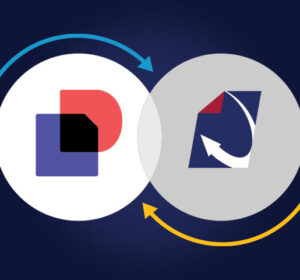Experts advise using a cloud document management solution to keep files secure and off of local drives targeted by ransomware.

Hackers make headlines in America yet again. From recent past attacks on Home Depot, Target, and Sony, to the new breach on Anthem Blue Shield, and Ransomware, they’re getting in and getting information one way or another. They’re going after files, credit card numbers, social security numbers, emails, phone numbers, entire computers, tax records, income reports, and home addresses. With these new threats, having a secure document management solution in place is key for all businesses.
The new type of malware called Ransomware is currently adversely affecting at least one million Americans. From small businesses to government agencies, these hackers are not limiting their sights. The hackers break into company computers via email. They send out an email claiming to be a trusted organization like the DMV or a health company to get people to open the email. They then trick the users into downloading a file, and at that point they’re in. Once they have the files, they hold the computer ransom until they are paid the said amount in the specified window of time they’ve provided.
“Ransomware is a growing Internet scam that preys on fear. The online shakedown uses sophisticated methods to hold data hostage unless the user pays a fee of up to six hundred dollars. Bruce Snell of McAfee Security offers consumer tips on how to avoid ransomware attacks: Think before you click. If something looks suspicious or too good to be true, it is probably best avoided. Don’t click on unexpected links or attachments in e-mails. If a friend sends an e-mail with an attachment out of the blue, contact that person directly to make sure he actually sent it. A quick phone call or text message asking “Did you send me a file?” will do wonders for keeping you safe,” CNN.
Some companies have lost years worth of files. Eric Young of Tennessee said, “We had 72 hours and, as he tried to find solutions, the cyberthieves were slipping into every company computer — starting with Victim No. 1 and ending in the company’s servers. Our database was encrypted, and we lost everything we had built for 14 years,” NPR.
Security experts also believe that by paying the ransomers are only making the situation worse. However, it is unknown what the hackers will do with the files and information if the owner does not pay up. It’s likely that people who don’t pay the thieves will end up suffering from identity theft down the road. However, for those businesses that have taken the time to store data else where, document retrieval is possible and can save the important files despite losing computers. Experts advise using external hard-drives, a cloud document management solution, and being sure to properly disconnect computers from the hard-drives as good ways to prevent losing information.
Prevention is worth its weight in gold, and experts suggest large companies focus far more efforts on keeping their data secure than they have been. Don’t lose years of important data, documents, and files because you are hacked. Please contact us to get your data in a secure environment before it is too late.


